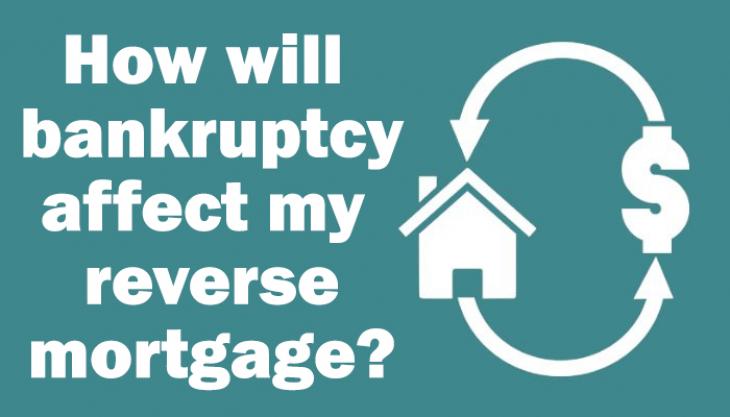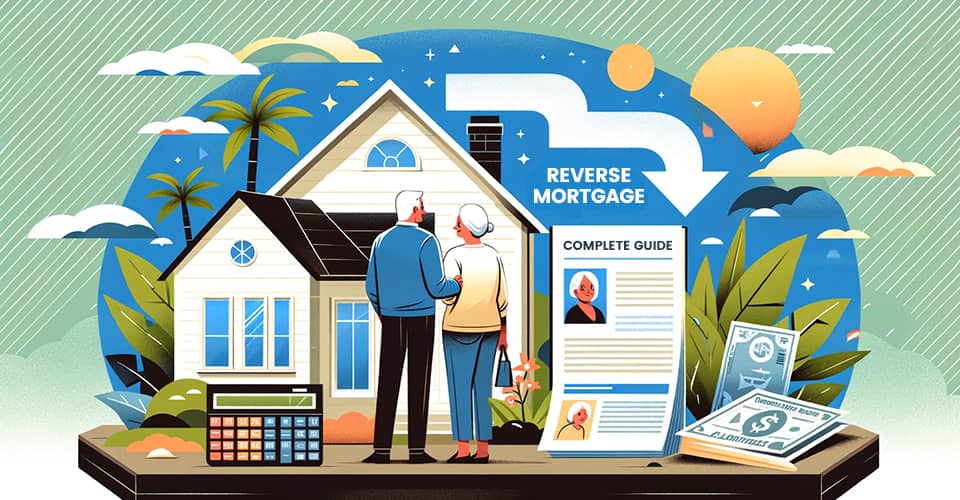Discover How You Can Purchase Reverse Mortgage for Financial Freedom
Wiki Article
Unlock Financial Flexibility: Your Overview to Purchasing a Reverse Mortgage
Comprehending the ins and outs of reverse home mortgages is crucial for house owners aged 62 and older looking for economic flexibility. As you consider this option, it is crucial to comprehend not just just how it functions but additionally the effects it might have on your financial future.What Is a Reverse Home Loan?

The fundamental appeal of a reverse home loan hinges on its potential to enhance monetary flexibility throughout retirement. Home owners can use the funds for different purposes, including medical expenses, home enhancements, or daily living expenses, thus offering a safeguard during a critical point of life.
It is important to recognize that while a reverse home mortgage allows for enhanced capital, it additionally reduces the equity in the home gradually. As passion gathers on the exceptional loan balance, it is important for potential consumers to very carefully consider their long-term economic plans. Consulting with a reverse mortgage or an economic expert professional can supply valuable insights right into whether this alternative straightens with a person's economic goals and circumstances.
Qualification Needs
Comprehending the eligibility requirements for a reverse home loan is vital for house owners considering this financial choice. To qualify, applicants should go to least 62 years old, as this age criterion allows senior citizens to accessibility home equity without month-to-month mortgage settlements. Additionally, the house owner should occupy the residence as their primary residence, which can include single-family homes, specific condos, and made homes fulfilling particular guidelines.Equity in the home is one more important demand; property owners usually need to have a significant amount of equity, which can be established via an appraisal. The quantity of equity available will straight influence the reverse home mortgage amount. Additionally, applicants must show the capability to preserve the home, consisting of covering real estate tax, house owners insurance, and maintenance expenses, ensuring the home stays in excellent problem.
In addition, prospective debtors must go through an economic analysis to assess their earnings, credit rating background, and general financial scenario. This assessment helps lenders figure out the applicant's capability to satisfy ongoing responsibilities associated with the residential or commercial property. Fulfilling these demands is crucial for securing a reverse home loan and making sure a smooth monetary transition.
Benefits of Reverse Home Mortgages
Numerous advantages make reverse mortgages an enticing choice for senior citizens looking to enhance their economic adaptability. purchase reverse mortgage. Among the key benefits is the ability to transform home equity right into cash money without the requirement for monthly home loan payments. This attribute enables elders to gain access to funds for numerous demands, such as medical expenses, home enhancements, or daily living costs, thus alleviating economic stress and anxietyFurthermore, reverse mortgages give a safety web; elders can remain to reside in their homes for as long as they satisfy the car loan needs, cultivating stability during retirement. The earnings from a reverse mortgage can also be made use of to delay Social Safety and security advantages, possibly leading to higher payments later on.
Moreover, reverse home loans are non-recourse finances, indicating that consumers will never ever owe more than the home's worth at the time of sale, protecting them and their heirs from monetary responsibility. Finally, the funds gotten from a reverse mortgage are usually tax-free, adding another layer of monetary alleviation. On the whole, these benefits placement reverse mortgages as a useful option for elders looking for to improve their financial scenario while preserving their treasured home setting.

Fees and costs Involved
When considering a reverse home loan, it's necessary to be mindful of the different expenses and costs that can impact the overall monetary picture. Comprehending these expenses is critical for making an educated choice about whether this monetary product is right for you.Among the key prices connected with a reverse home loan is the source fee, which can vary by loan provider however usually ranges from 0.5% to 2% of the home's appraised value. Furthermore, property owners should expect closing costs, which might consist of title insurance, appraisal fees, and credit record costs, generally amounting to numerous thousand dollars.
An article additional considerable expense is home loan insurance coverage premiums (MIP), which secure the lending institution versus losses. This cost is generally 2% of the home's value at closing, with an ongoing yearly premium of 0.5% of the remaining car loan equilibrium.
Lastly, it's important to consider ongoing expenses, such as real estate tax, homeowner's insurance, and maintenance, as the debtor remains in charge of these expenditures. By very carefully examining these fees and expenses, home owners can better assess the monetary implications of seeking a reverse mortgage.
Actions to Start
Getting going with a reverse home mortgage involves a number of essential actions that can aid streamline the procedure and ensure you make educated decisions. Evaluate your economic circumstance and establish if a reverse mortgage straightens with your lasting goals. This consists of evaluating your home equity, current financial debts, and the necessity for extra revenue.
Following, check my site study different lending institutions and their offerings. Seek respectable institutions with positive evaluations, clear fee frameworks, and competitive rates of interest. It's necessary to contrast terms to discover the finest fit for your demands.
After selecting a lender, you'll need to complete a thorough application procedure, which typically needs documentation of income, possessions, and property details. Take part in a counseling session with a HUD-approved therapist, that will learn this here now supply understandings right into the effects and responsibilities of a reverse mortgage.
Conclusion
In verdict, reverse mortgages present a viable choice for elders looking for to boost their economic stability during retirement. By transforming home equity into available funds, homeowners aged 62 and older can address different monetary demands without the stress of month-to-month payments.Understanding the complexities of reverse home loans is essential for house owners aged 62 and older seeking financial flexibility.A reverse mortgage is a financial product created mostly for house owners aged 62 and older, permitting them to convert a portion of their home equity right into cash - purchase reverse mortgage. Consulting with a monetary consultant or a reverse mortgage professional can provide important insights right into whether this choice straightens with an individual's financial objectives and conditions
Furthermore, reverse home mortgages are non-recourse fundings, suggesting that debtors will never ever owe more than the home's worth at the time of sale, safeguarding them and their successors from economic obligation. Overall, these benefits position reverse home mortgages as a functional option for elders seeking to enhance their financial situation while keeping their valued home environment.
Report this wiki page